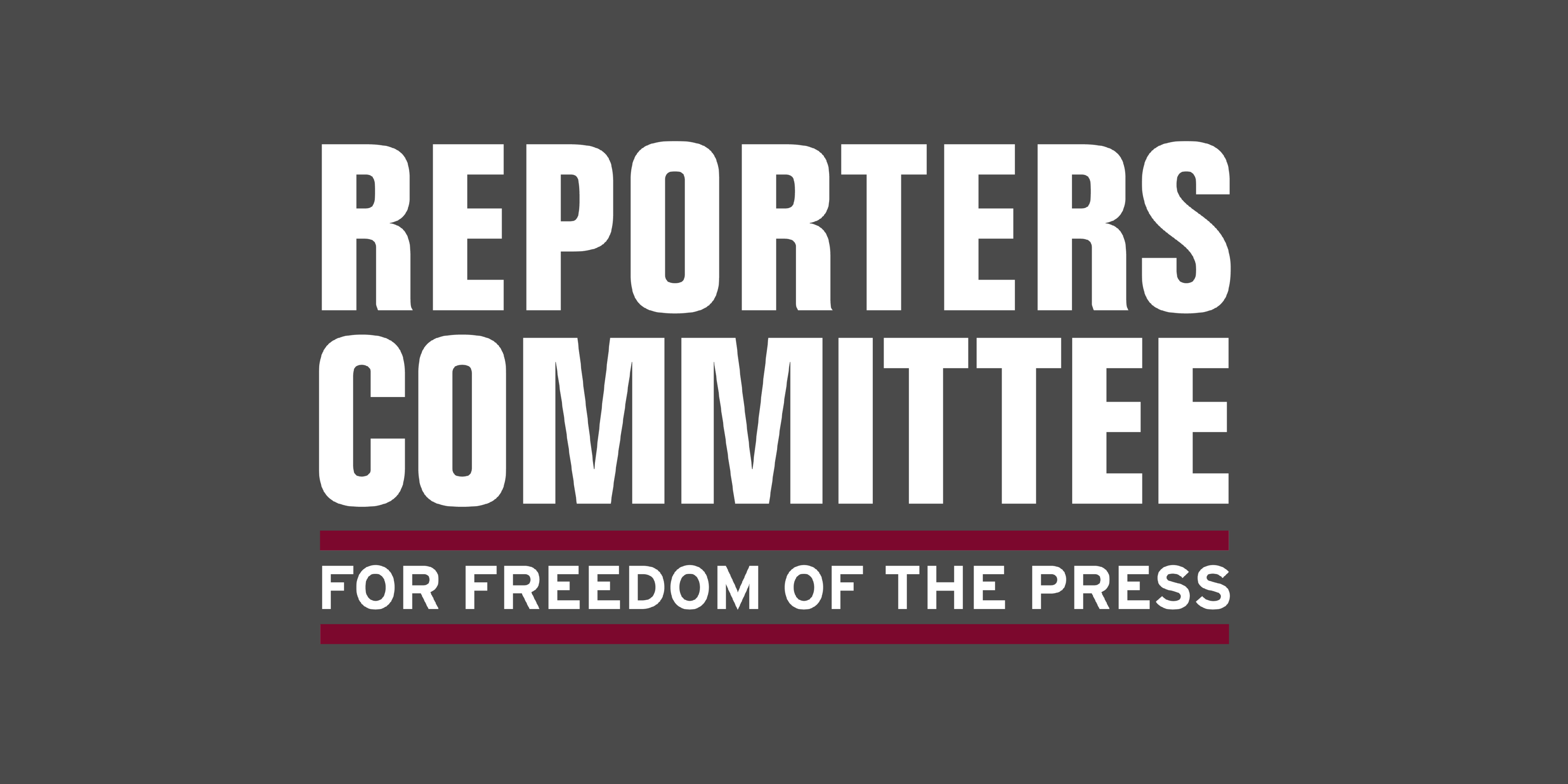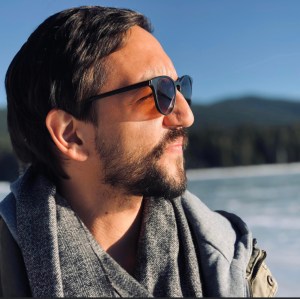Threats against city official prompt Oregon journalist to contact RCFP’s free legal hotline

When Joe Siess walked into a city council meeting in Klamath Falls, Oregon, last August, he could sense something wasn’t right.
“Everybody was kind of on edge,” recalled Siess, then a reporter for the Klamath Falls Herald and News. “I was like, what the hell is going on here?”
When the meeting began, he said, Eric Osterberg, the town’s then-assistant to the city manager — a Black gay man — explained that a man had threatened him as community members made their way into city hall. Wielding a rock in his hand, the man told Osterberg, “You are a sinner and you need to be stoned.”
As Siess reported at the time, the local police chief escorted the man out of the building but didn’t arrest him. The incident raised lots of questions for Siess, who wanted to know more information about what exactly happened and how local authorities handled the situation. But police officials weren’t providing many details, leaving Siess stumped about what to do next.

“My editor was like, ‘We have access to these attorneys who can help us navigate these exact kinds of situations,’” Siess said, adding that his editor gave him the business card of Ellen Osoinach, the Reporters Committee’s Local Legal Initiative attorney in Oregon. “He said that Ellen was regularly reaching out to our newsroom asking if we needed assistance with anything. So he said, ‘Why don’t you take advantage of this wonderful resource?’”
Siess heeded his editor’s advice. When he reached Osoinach on the phone, she explained that the district attorney’s office wasn’t required by law to turn over a police report about the incident because there was a warrant out for the man’s arrest, so filing records requests wouldn’t get him what he wanted. However, Siess said she helped prepare him for interviews with the district attorney.
“She just pointed me in the right direction and told me what kinds of questions I should be asking, within the bounds of the law, what I’m entitled to know, what I’m not entitled to know, and it just really helped me navigate the story to the best of our ability,” he said.
Thanks to Osoinach’s guidance, Siess ended up learning more about the suspect and his history of mental illness, information he used to report a follow-up story about the incident.
Siess has since contacted Osoinach for help with other stories. Now a reporter for The Bend Bulletin, Siess said he often turns to the Reporters Committee attorney for help drafting public records requests and navigating reporting issues involving local law enforcement.
“I called her the ‘DA whisperer,’” he jokingly said of Osoinach, a former deputy city attorney for the city of Portland. “I was just really interested in her expertise. And whenever I had a question about the DA, I would call her and she would just tell me what they’re thinking.”
Siess said the Reporters Committee’s free legal hotline is an “invaluable resource,” one that he highly recommends for other journalists, especially those working for smaller newsrooms.
“If a sensitive story falls into your lap that deals with police matters or any kind of public entity that you’re dealing with, I would absolutely recommend first calling the hotline and just getting the ground stable, getting an idea of what you’re dealing with,” he said. “Never fly blind — now we don’t have to because we have this resource.”
For more information about when journalists and media lawyers should use the legal hotline — and what they should expect when they do — check out this Reporters Committee blog post.
This work was made possible by the Facebook Journalism Project and other donors.